“Go to bed!” “You need your rest!” We’ve all heard that familiar refrain from a parent. You wanted to stay up and watch that television show, or stay on the phone with your friend, or play one more video game. But home was not a democracy, you didn’t have a vote, and you went to bed to get the rest you needed. Then we grew up. You can do it all now (so you think). You can work and play for as long as you like. Or can you?
Read on and learn how making this one change can help to better control your weight and diabetes.
I recently took a productivity course. Darren Hardy, the instructor, stressed going to bed early. As I thought about my sleep habits, I realized I tended to scroll mindlessly through Facebook for long stretches of time during the evening when I was tired. Sometimes I was too tired to go to bed. That’s crazy! I started thinking about the things other people do when they are tired at the end of the day. It was not a pretty picture. As an example, let me tell you about one of my clients, “Jack.”
 When he was a teenager Jack’s father told him that “nothing good happens after midnight.” Now, with an A1C of 8.5 putting him at risk of diabetic complications and requiring more medicine, he finally decided to think about his eating habits.
When he was a teenager Jack’s father told him that “nothing good happens after midnight.” Now, with an A1C of 8.5 putting him at risk of diabetic complications and requiring more medicine, he finally decided to think about his eating habits.
As we spoke he mentioned, “I don’t smoke or drink but I sure love sweets. I’m 72 and want to live a good life and not give up things I love”. I assured him that I love sweets as well and also want to live a good life without giving up things I love. I was glad this doctor referred him to me so I could help him meet his goals.
Fortunately, Jack was willing to meet with me because he already knew dietitians don’t take away your favorite foods. (Too many people think dietitians are the “food police,” telling you “Put that burger down and pick up a salad!”). Jack wanted a high-quality life without further health problems while still being able to enjoy his sweets. Can you relate?
As I do with every client, I concentrated on what Jack wanted. Long term dietary success has a much better chance if it is client centered. I don’t fit a client into a plan; I create a plan around the person.
In completing Jack’s nutrition assessment I quickly saw a few areas where some small changes could lead to significant improvement.
I discovered that Jack often eats while doing things like watching TV or working on the computer. Paying attention to what was on the screen, he admitted he didn’t notice how much he ate or even if it tasted good.
Jack related that he eats sweets 3 to 4 times a day. He rarely has fruit though he likes it.
The key piece of information was that he stays up late at night and eats. He gets less than 7 hours of sleep at night.
Jack figured it out before I had a chance to comment. He said,
“I can solve a lot of my problems by going to bed earlier. My dad was right; nothing good happens late at night.”
So we had a plan–one change. He would get better sleep, improve his glucose and cut down on calories from unhealthy food.
Food is fuel for your activities. Eat when you are active. Start with breakfast and eat regularly throughout the day. After dinner, stop eating. Most people do not need to eat before bed.
Getting back to Jack, I was thrilled that he decided to make another change. He was willing to cut his portion size down when he had sweets, and not have them as often. (Yes, you really can cut an ice cream sandwich in half and save half for another day).
As Jack was having success with this strategy, I suggested that he might add some additional fruit to his diet to satisfy his sweet cravings while providing healthy nutrients. Jack also agreed to include the sweet treat as part of his meal (within his carbohydrate budget) when he takes mealtime insulin. Having insulin on board will help him lower his glucose level.
Last but not least, when he eats, it won’t be in front of a screen or doing other activities.
When you eat, just eat.
By concentrating on eating, Jack will actually taste and truly enjoy his food. His appetite will satisfied and he won’t be left wondering what happened to all the cookies that were in the bag when he sat down at the computer.
I can guarantee you can enjoy a small 1/2 cup portion of ice cream when you slow down and savor every bite.
Jack is very happy with his action plan. He will eat less, improve his glucose, and sleep more. His plan is achievable and enjoyable.
Of course, I’m sharing this because it might help you too. Many people eat after dinner as a way to relax, out of habit, or for something to do. We don’t need to fuel our bodies to sleep. In addition, according to the CDC, a third of US adults report getting less than 7 hours of sleep per day.
Would you benefit from going to bed earlier?
You might be able to cut some excess calories plus, there are some complications from not regularly getting at least 7 hours of sleep a night:
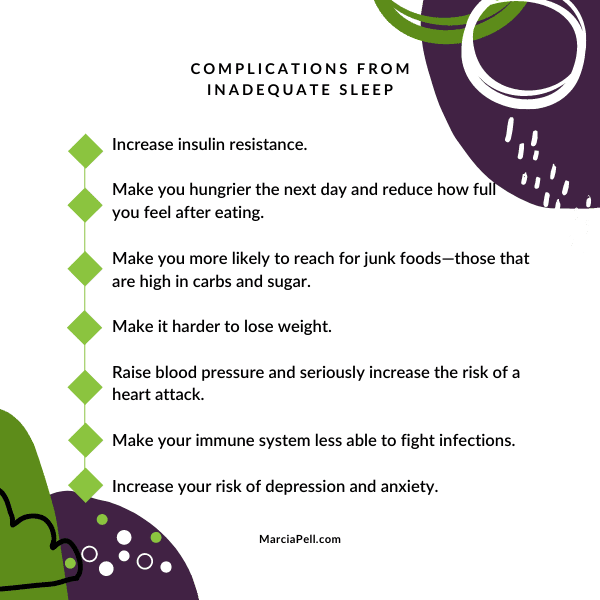
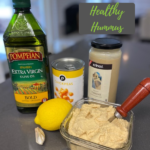

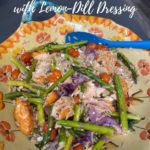

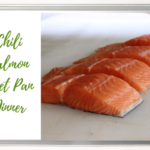
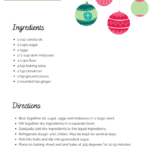
Leave a Reply